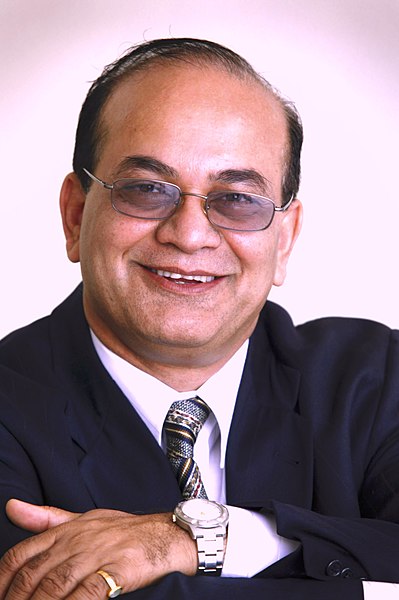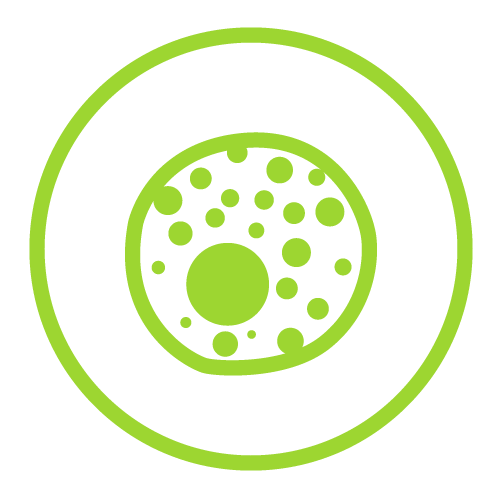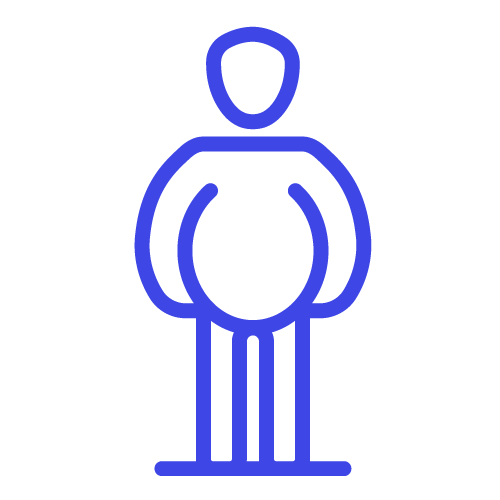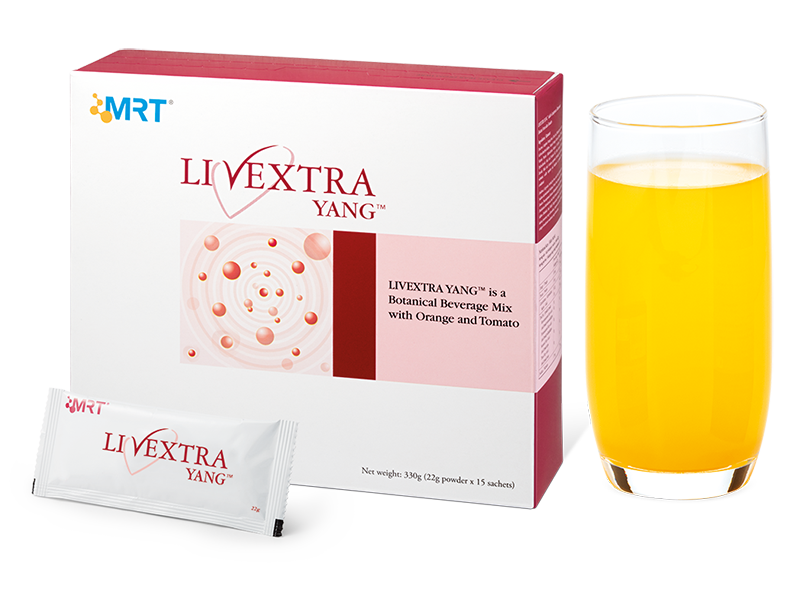What You Can Do to Keep Your Heart Healthy
By Prof Dr. Asim K. Duttaroy
According to the World Health Organisation, cardiovascular diseases are the number one cause of death globally. Coronary artery disease (CAD), the cause of most heart attacks, happens when the arteries that supply blood to the heart muscles become hardened and narrowed by fatty plaques made up of cholesterol.

But Dr. Asim pointed out that while high blood cholesterol is a symptom of CAD, it is not the best indicator of the risk of heart disease, as 80% of people who develop CAD have the same blood cholesterol values as those who don’t. Till today, there are still 50% of heart disease causes that remain unknown.
Dr. AsimThe flow of blood is the most important factor in cardiovascular diseases. The body’s process of renewing itself everyday requires smooth blood flow to transport oxygen and nutrients to different parts of the body
The Role of Platelets in Heart Disease
Platelets are disc-shaped elements that circulate through our blood stream. The main functions of platelets are to maintain the integrity of the vessel wall and form clots to stop bleeding. According to Dr. Asim, smooth blood flow is only possible if the arterial system is clean and free of plaque, and has fewer or no inflamed blood vessels. If the arteries are damaged, the platelets become hyperactive which can lead to atherosclerotic plaque forming on the arterial wall.

Diabetes mellitus

Oxidative stress, inflammation, and hyperlipidaemia

Insulin resistance

Drugs, contraceptives

Obesity

Cancers

Ageing

Hypertension

Bad diets
Platelet hyperactivity leads to atherosclerosis, which can result in cardiovascular diseases including coronary heart disease, angina, myocardial infarction, cerebrovascular disease, and ischaemic stroke.
The Power of Tomato Aqueous Extract
Numerous epidemiology studies suggest that diets rich in plant foods are associated with a reduced risk of cardiovascular disease. Dr. Asim tested this theory on several different fruits and vegetables and found that Tomato Aqueous Extract (T.A.E.) in tomatoes could inhibit platelet aggregation by 70-80%.

T.A.E is a water-soluble compound extracted from the yellow liquid that surrounds tomato seeds and is able to inhibit thrombin aggregation by 67%, providing an ‘umbrella effect’ by protecting the inhibition of other aggregation agents.
Dr. Asim said, “T.A.E is the first and only product that is approved by the European Food Standard Agency and scientifically proven to be used as a platelet inhibitor to help smoothen blood flow. It is the only product in the world that can be taken safely on a daily basis to inactivate the platelets to prevent plaque formation.”
The other benefit of T.A.E. said Dr. Asim, is its ability to lower blood pressure. He explained that the other ingredient that works in tandem with T.A.E. to maintain healthy blood vessels is Nitric Oxide (N.O). N.O inhibits plaque formation by dissolving blood clots and dilating blood vessels. It also helps to manage blood pressure levels by restoring damaged blood vessels and its elasticity to promote healthy blood flow and protect the heart.
“LX Yang is formulated with T.A.E., L-Arginine which produces N.O. and patented curcumin, and all these properties have no side effects. It is the first in the world, tri-action blood flow solution that helps to prevent plaque, lower the blood pressure, and prevent cardiovascular diseases,” said Dr. Asim.
Prof Dr. Asim K. Duttaroy works as a professor at the Faculty of Medicine, University of Oslo, Norway. He is the author of over 200 research papers and book chapters and has had more than 215 scientific works published in scientific journals. He owns several international patents on the discoveries of anti-thrombotic, anti-hypertensive and cardio-protective formulations, and has received more than 10 honours and awards. For more info on Prof Dr. Asim, click here: www.asimduttaroy.com.


